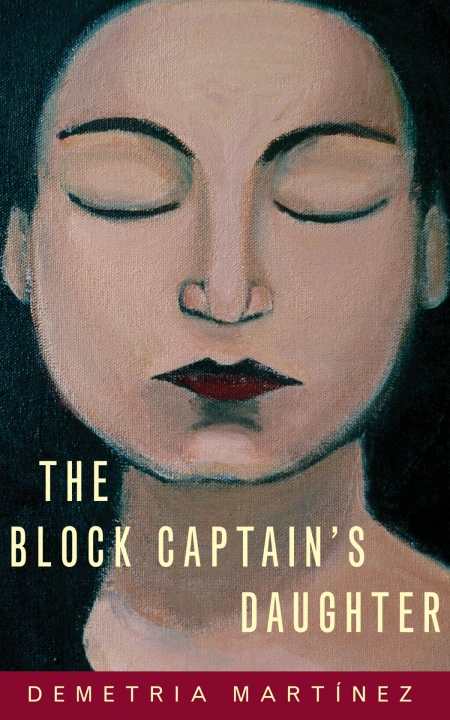The Block Captain's Daughter
Chicana and Chicano Visions of the Americas Series
- 2012 INDIES Finalist
- Finalist, Multicultural (Adult Fiction)
Americans are familiar with the challenges of illegal Mexican immigration into the US, but are much less accustomed to learning about the experiences of such immigrants after they’re in the country. In The Block Captain’s Daughter, Demetria Martinez introduces us to six characters and the relationships they share, describing each and their environments through the others’ eyes and voices.
We meet Guadalupe Anaya, a new immigrant pregnant with her first child, Destiny, and a character through whom the contrasts between Mexico and the US are particularly clear. A waitress in a Mexican restaurant, her observations are both funny and profound. “The gringos believe in cholesterol the way Mexicanos believe in the existence of God,” she observes.
Cory’s family has lived in the area for centuries—first when it was New Spain, later when it became Mexico, and finally in the present United States. Her boyfriend, Peter, notes that New Mexico women like Cory “can make you feel like a lightweight, with no history to pin you to the earth.” The strength of her roots makes him feel especially insecure about his lack of knowledge about his own background. Given up for adoption as an infant, he has spent years trying to find out where he comes from. “Long ago I forgave her for choosing not to raise me. But I can never forgive her for denying me a family tree,” he reflects.
Flor is a lesbian Jewess doing anti-war work at the Peace Center. Her lover, Maritza, struggles to reconcile their passions for each other with Flor’s devotion to the cause. “Almost nothing happens,” she says in defense of her argument that the television and the evening news not intrude into their bedroom. “The rich slaughter the weak and then lie about it. That’s it.”
As Martinez moves from the voice of one character to another, she gives us glimpses of each one’s perspectives and challenges. Cory wants to get closer to her ancestors by learning their language, Nahuatl. Lupe makes plans to earn extra money as she waits for her husband, Marcos, to return from El Salvador. Maritza dreams of the abortion she chose many years earlier, visiting a healer to help her move forward with forgiveness. And Peter contemplates the prospect of fatherhood as he learns Cory is pregnant with his child.
Through it all, Lupe writes reflective letters about her life and friends to her unborn daughter, acting both as the block captain of her street and the unifying force in the narrative. Though Martinez’s short novel feels disjointed and is at times challenging to follow, it succeeds by offering interesting perspectives in voices that typically go unheard in American mainstream literature.
Reviewed by
Lauren Kramer
Disclosure: This article is not an endorsement, but a review. The publisher of this book provided free copies of the book to have their book reviewed by a professional reviewer. No fee was paid by the publisher for this review. Foreword Reviews only recommends books that we love. Foreword Magazine, Inc. is disclosing this in accordance with the Federal Trade Commission’s 16 CFR, Part 255.

